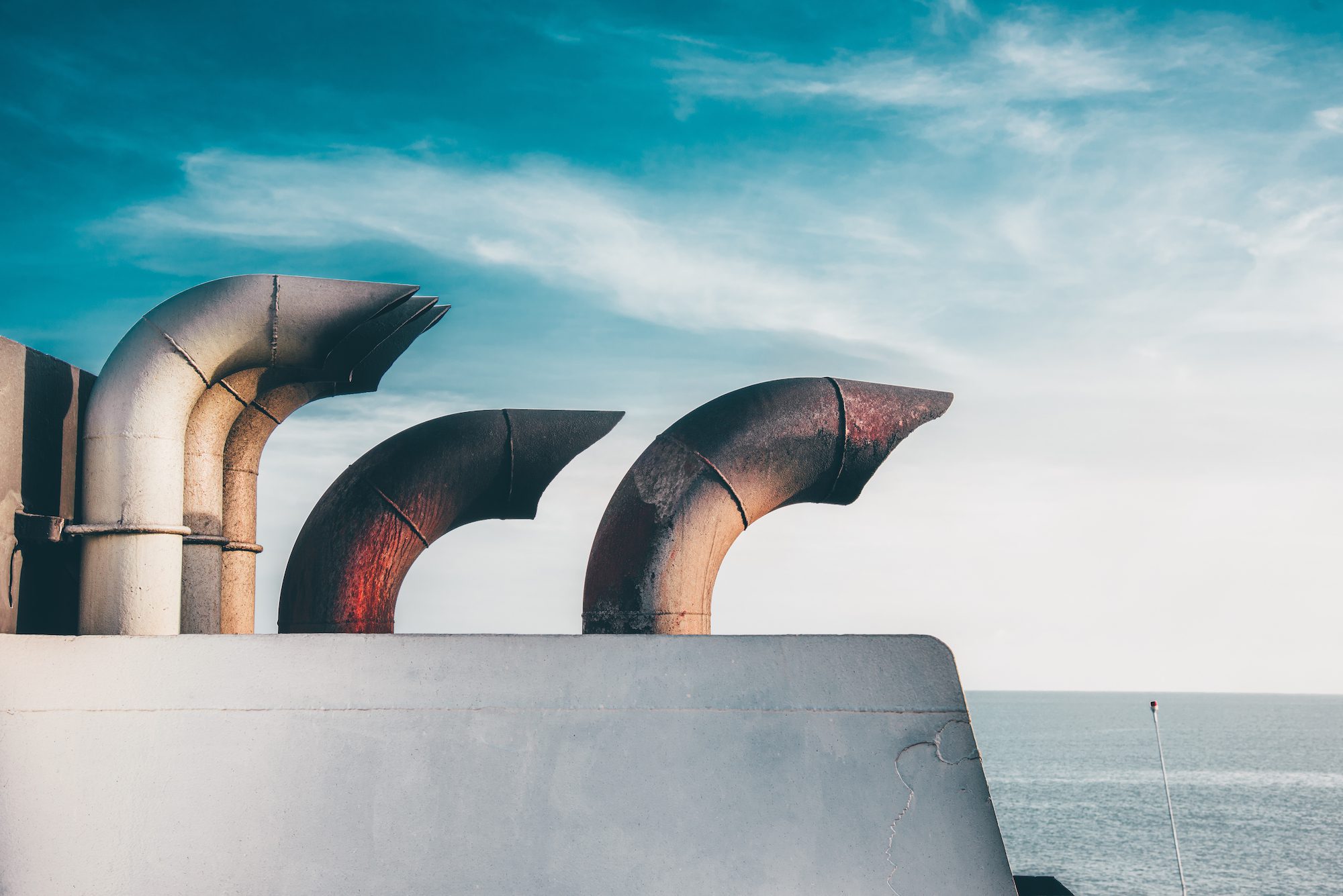U.S. Customs Revenue Tops $100 Billion for First Time Amid Tariff Surge
US revenue from customs duties this fiscal year surpassed $100 billion for the first time, reflecting higher tariffs imposed by the Trump administration.

A Singapore-based consortium supporting the decarbonization of the maritime sector is seeking proposals for the development of commercial-scale shipboard carbon capture technology.
The consortium, called the Global Centre for Maritime Decarbonisation (GCMD), was formed in August 2021 with funding from the Maritime and Port Authority of Singapore (MPA), and six founding partners, namely BHP, BW, DNV Foundation, Eastern Pacific Shipping, Ocean Network Express and Sembcorp Marine.
Shipboard carbon capture is likely to play a key role in shipping’s energy transition and decarbonization pathway.
On Tuesday, GCMD issued an Invitation-for-Proposal (IFP) to evaluate the safety, technical and operational requirements for offloading liquified CO2, captured from vessels’ exhaust, at major ports.
The IFP is part of GCMD’s Project REMARCCABLE, an acronym for Realising Maritime Carbon Capture to demonstrate the Ability to Lower Emissions, which it launched in early October with the Oil and Gas Climate Initiative (OGCI) and Stena Bulk with the goal of becoming the first to demonstrate end-to-end shipboard carbon capture at scale, starting with a Stena Bulk MR tanker.
Together with Alfa Laval, ABS, Deltamarin and TNO, the consortium has since initiated the first stage of a two-year, three-phase project to investigate on-board capture and storage, as well as offloading of captured CO2, to address the challenges and opportunities of deploying carbon capture technologies on ships.
The IFP is part of a piloting phase. Its scope encompasses the offloading process of LCO2 captured onboard tankers, bulkers and containership at different temperatures and pressures for transfer to different receptacles, including LCO2-receiving vessels and intermediary storage sites, in ship-to-ship, ship-to-shore (cassette/tank) and ship-to-floating storage configurations. Existing policy and regulation regimes will also be taken into consideration.
“GCMD views shipboard carbon capture as an important mid-term technological solution that can help reduce shipping’s GHG emissions,” said Lynn Loo, CEO of the Global Centre for Maritime Decarbonisation. “For shipboard carbon capture technologies to be operationally feasible, the industry needs to develop a value chain for the captured CO2.”
GCMD said the LCO2 offloading study is expected to be complete within 9 months with an award is expected in the second quarter of 2023. Findings from the study will also be shared with the industry, including design considerations that stakeholders, such as port and terminal operators, vessel owners and shipyards, will need to factor in when deploying shipboard carbon capture systems. The findings should also help shape regulatory and operational guidelines that will steer future demonstration and eventual adoption of shipboard carbon capture technologies.
“Whilst IMO has no firm position on the use of carbon capture systems to reduce GHG emissions, the topic is up for discussion at the upcoming MEPC meeting this month,” Loo added. “Our study will contribute to the emerging body of knowledge around the complexities of shipboard carbon capture. And the outcomes of this study will specifically inform sea trials aboard Stena Bulk’s identified MR Tanker as part of phase three of Project REMARCCABLE.”

Sign up for gCaptain’s newsletter and never miss an update

Subscribe to gCaptain Daily and stay informed with the latest global maritime and offshore news


Stay informed with the latest maritime and offshore news, delivered daily straight to your inbox
Essential news coupled with the finest maritime content sourced from across the globe.
Sign Up